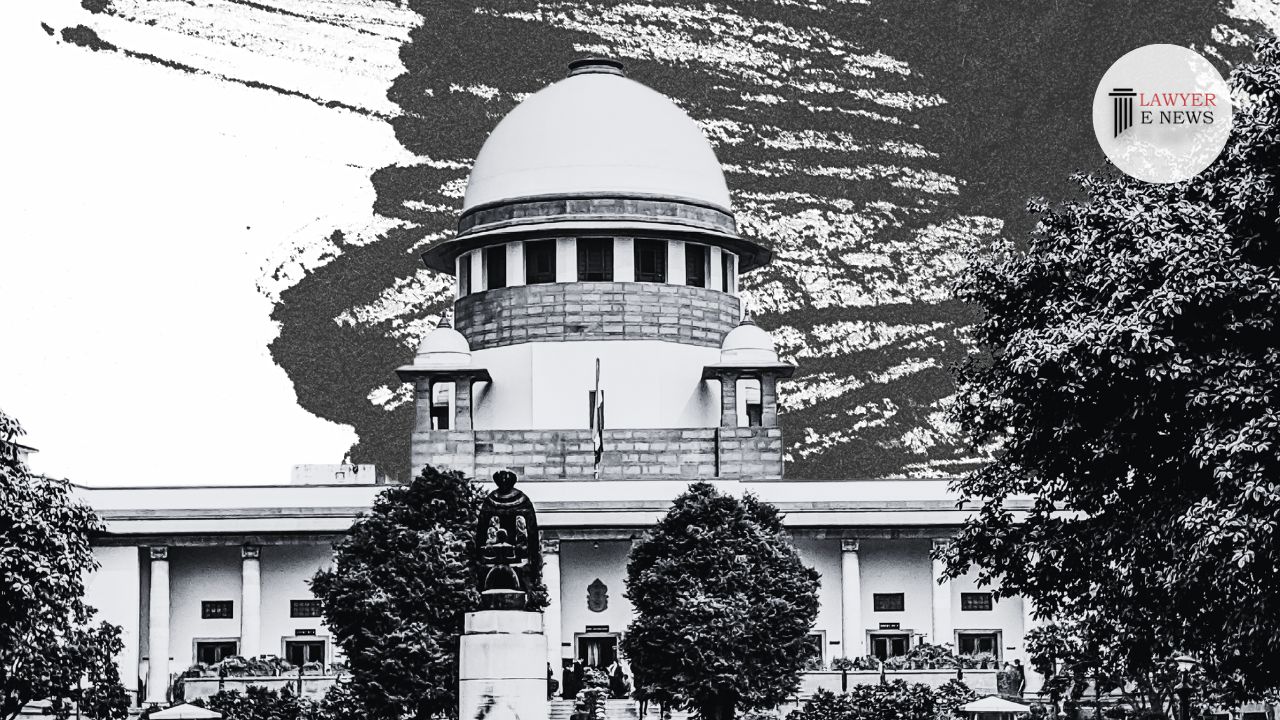-
by Admin
15 February 2026 5:35 AM



On 28 April 2023 , In a recent judgment, the Supreme Court of India ruled that the reservation of 75% of seats for residents of Madhya Pradesh in the B.Ed (Part-time) course is not serving any purpose and violates constitutional principles. The case involved Veena Vadini Teachers Training Institute, run by Veena Vadini Samaj Kalyan Vikash Samiti, as the appellant, and the State of Madhya Pradesh and others as respondents.
The appellant had challenged the admission policy of the State of Madhya Pradesh, specifically targeting the clause that allocated 75% of the seats to residents of the state. The appellant argued that due to a lack of eligible residential candidates, a significant number of the reserved seats remained unfilled. They contended that they should be allowed to fill these seats with candidates from outside Madhya Pradesh.
The Division Bench of the Madhya Pradesh High Court had earlier dismissed the writ petition filed by the appellant, upholding the government's policy and its reservation of seats for residents of Madhya Pradesh. However, the Supreme Court granted leave to the appellant to appeal the decision.
Justice Sudhanshu Dhulia, delivering the judgment, noted that the reservation of seats based on residence has been upheld in previous cases, particularly in the field of medical education. However, the Court emphasized the need to consider the ground realities and changed circumstances since the previous decisions. It highlighted that the reservation policy should be based on realistic findings and serve a purpose.
Referring to the data provided by the appellant, the Court observed that a large percentage of seats reserved for residents of Madhya Pradesh had remained vacant in the last two years. It deemed such a reservation policy to be a "wholesale reservation" and held that reserving 75% of the seats for residents of the state was too high a percentage.
While recognizing the state's right to reserve seats for its residents, the Court directed the State of Madhya Pradesh to reevaluate the reservation policy. It advised the authorities to examine the data from the previous years and determine an appropriate extent of reservations within two months.
VEENA VADINI TEACHERS TRAINING INSTITUTE vs STATE OF MADHYA PRADESH & ORS.
